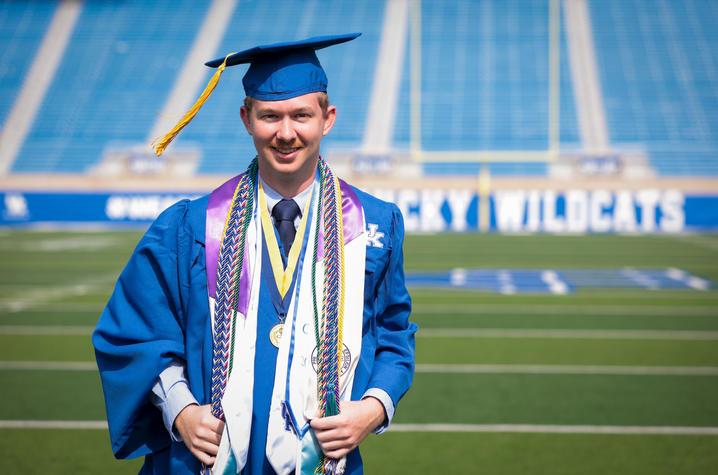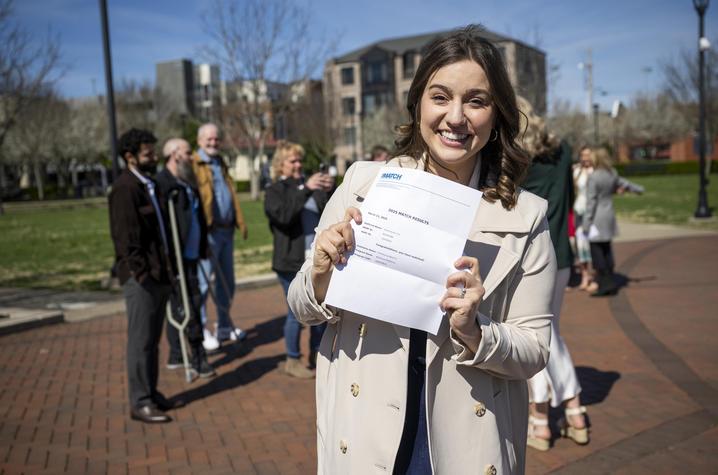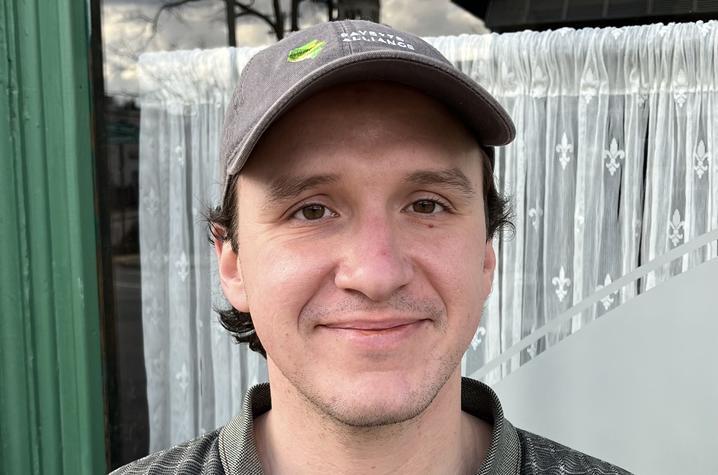UK Arts and Sciences Podcast - Episode 1: George C. Wright on History, Integration, and His Journey at UK
Join us for the first episode of the UK Arts and Sciences Podcast as we welcome Dr. George C. Wright, distinguished historian, academic leader and University of Kentucky alumnus. Dr. Wright’s journey began at UK in the late 1960s, where he was among the first African American students after desegregation, earning his B.A. and M.A. in history before becoming the first African American to receive a Ph.D. in history from Duke University.
Safiyah Sadek: Neuroscience major shares her research journey and celebrates crossing the finish line
Safiyah Sadek, is graduating with a degree in neuroscience and a minor in psychology from the University of Kentucky’s College of Arts and Sciences, who is on the path to becoming an MD/PhD.
UK recognizes four Arts and Sciences faculty members and teaching assistants with 2025 Outstanding Teaching Awards
By Ryan Girves
LEXINGTON, Ky. (May 5, 2025) — The University of Kentucky recognized exceptional faculty and teaching assistants with the Outstanding Teaching Awards during the 2025 UK Faculty Awards Ceremony held Thursday, May 1.
Arts and Sciences graduating senior among students chosen to speak at commencement

LEXINGTON, Ky. (May 5, 2025) — University of Kentucky President Eli Capilouto has selected four graduating students to represent the Class of 2025 as speakers at UK’s May Commencement Ceremonies. The ceremonies take place Friday, May 9, and Saturday, May 10.
Provost IMPACT Award: Chemistry, engineering professors collaborate on research into organic mixed ionic-electronic conductors
LEXINGTON, Ky. (May 1, 2025) — Last fall, the University of Kentucky Office of the Provost announced the second cohort of the Institutional Multidisciplinary Paradigm to Accelerate Collaboration and Transformation awards winners.




